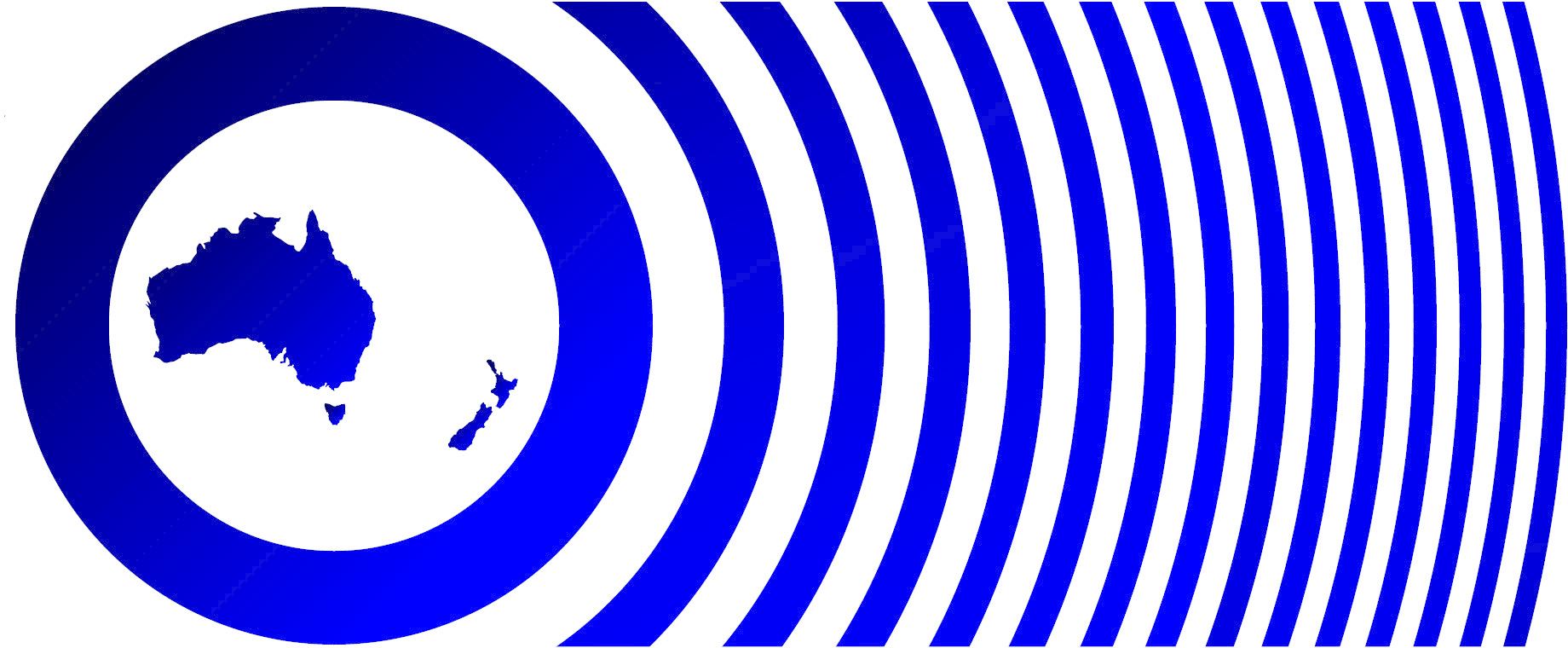- Home
- Prizes & Awards
- Warsash Science Communication Prize in Optics
The Warsash Science Communication Prize in Optics is open to student and early career researcher (ECR) members of the Australian and New Zealand Optical Society (ANZOS). The intention of the prize is to encourage the wider promotion of science and the importance of optics and photonics through accessible writing and/or non-traditional forms of communication.
From 2022, submissions will be accepted in two categories judged separately: an essay-based category and an online-media based category. Submissions may come from an individual or a small team.
The two $500 prizes are sponsored by Warsash Scientific Pty Ltd.
The Prize is judged by a committee appointed by the ANZOS Council including a representative from Warsash.
Details of the prize
Beginning in 2022, there are two categories of entry for this prize. In either category, submissions must be based on a piece of high-quality research in any area of optics and photonics in which the applicant(s) played a critical role and which has been accepted for publication in a refereed journal (conference publication is not sufficient).
Submissions in the essay-based category consist of a 500-800 word article introducing the published research and explaining its potential impact on the field or the wider community. The article must be written in non-technical language suitable for an educated but non-specialist audience. You might choose the style of a newspaper article, a popular science magazine like Cosmos or New Scientist, or an online science blog.
Submissions in the online-media category will be accepted in a range of formats including an animated or live youtube video, an interactive web page, a short audio podcast, or an online game. Very short form media such as TikTok videos are also possible, though it is likely that a sequence of several videos would be required to communicate a sufficient amount of detail about the work being described. For video and audio formats, the maximum total playing time should not exceed 5 minutes. The intention is to be as inclusive in form as possible to encourage innovation and experimentation with new forms of science communication. Submissions must remain of a professional nature with content that could be suitable for use in schools or undergraduate teaching. The material must be accessible via a web-browser. There are no requirements as to whether or not the material is currently accessible to the public on the web.
Applicants agree that their submissions may be published in ANZOS News at the discretion of the ANZOS News Editor, and/or placed on the ANZOS Website, with author and institution attribution.
Applications from female candidates and members of other historically under-represented groups in STEM are highly encouraged.
Eligibility criteria
- All applicants must be members of ANZOS at the due date for submission. (New student members may join the society for free at the same time as submission).
- All applicants must either be currently enrolled post-graduate students (Honours, Masters or PhD), or early career researchers within 5 years of the conferral of their PhD.
- A substantial fraction of the research being described should have been performed in Australia and/or New Zealand.
- The prize may only be awarded once to any individual or team.
Selection criteria
- Clarity of the explanation of the research being described
- Accessibility of the description to a wide non-technical audience
- Ability to seize and sustain the interest of the reader, viewer, listener or player
- Creative and effective use of visual resources and media – figures, images, animations or video
- For the online category, the submitted material should not be restricted to one operating system. However, it may be the case that the submission targets mobile over desktop platforms or vice versa.
Submission components
Essay-based category
- A pdf of the published research article
- A 500-800 word article in accessible non-technical language on the research result, describing both the work and its broader significance, and including up to three figures or supporting animations
- Full details of names, affiliations, and career stage of the applicant(s)
- A statement of contribution to the original research, explaining the role of each of the applicants
Online-media based category
- A pdf of the published research article
- A statement of contribution to the original research, explaining the role of each of the applicants
- Full details of names, affiliations, and career stage of the applicant(s)
- Concise instructions on how to access the online material being submitted via the web.
Submission
- Applications should be sent by email to the ANZOS email. You can address your submission to the ANZOS Secretary.
- For the 2025 award, all nomination materials must reach the ANZOS Secretary by 14 July 2025 (extended from 23 June 2025).
Previous recipients:
- 2022 Rocio Camacho Morales, Australian National University
- 2020/2021: Nutsinee Kijbunchoo, Australian National University
- 2019 Kai Wang, Australian National University
- 2018 Sarah Scholten - University of Adelaide
- 2017 Litty Thekkekara - RMIT University
- 2016 Katie Chong - Australian National University & Xiaorui Zheng - Swinburne University
- 2013 Matt Collins - University of Sydney
- 2010 Elaine Miles - University of Melbourne
- 2005 Vijan Sivan - RMIT University

